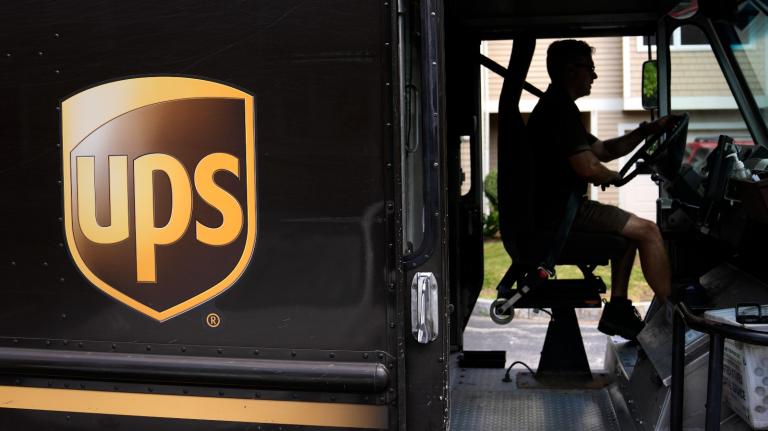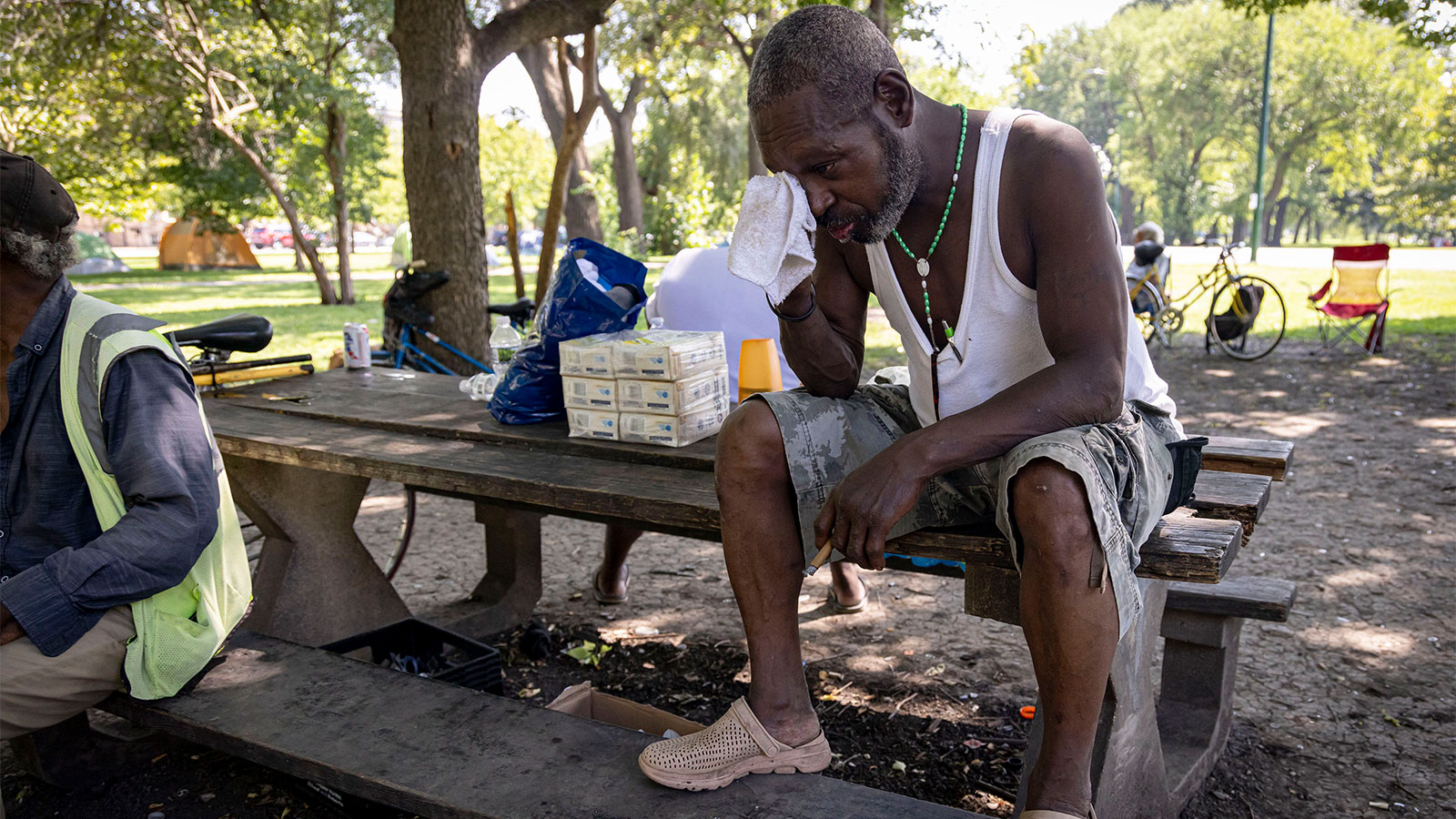This story is part of Record High, a Grist series examining extreme heat and its impact on how — and where — we live.
A massive heat dome covered the central part of the United States on Thursday, stretching from Omaha, Nebraska, down to New Orleans, putting 143 million people in 19 states under heat alerts.
In Chicago, temperatures reached 100 degrees Fahrenheit with a heat index of 120 degrees on Thursday, which is the highest heat index the city has recorded, according to CBS Chicago. Hot weather that dangerous hasn’t roasted Chicago since its infamous 1995 heat wave, which killed more than 500 people over five days. This comes after a record-breaking hot day on Wednesday at 98 degrees with a heat index of 116 degrees.
It feels as if most of the United States has been under a heat advisory at one point or another this summer, with Arizona and Texas especially hard hit. Temperatures have been breaking records all over the world, with July setting records as the hottest month that the planet has seen in 120,000 years.
The past few days have seen heat creep up into uncharted territory, with places like Lawrence, Kansas, recording a heat index of 134 degrees, earlier this week. An analysis of data from the nonprofit research organization First Street Foundation found that the next few decades will see the emergence of an “extreme heat belt” stretching from northern Texas up through Illinois and parts of Wisconsin. By 2053, these areas will experience temperatures above 125 degrees, according to the research.
In pockets of Chicago, though, the heat is bringing people together with neighbors who are looking out for one another and offering water, fans, and information about the city’s cooling centers. This is despite the fact that cooling centers have been historically underutilized.
In Pilsen, a Latino neighborhood on the city’s Near West Side, a bookstore offered up its space as an unofficial cooling center.
Mandy Medley, a co-owner and worker at Pilsen Community Books, said that it was intrinsic to the bookstore’s mission to provide resources in a city that has few public restrooms and rest areas.
“I think it’s a natural extension of the role we try to play in the community,” Medley said. “We’re open to the public, we have one of the very few public restrooms available in the neighborhood.”
Medley also mentioned that the store regularly tries to remain open to community members — even when there isn’t record-breaking heat outside.
“In general, the store is a place where people can come hang out, it doesn’t have to just be during extreme weather,” said Medley. “We don’t force people to spend money or stay here only a certain amount of time. It really is open anytime.”
Elsewhere in Pilsen, Rabbit Schoen, an organizer with Rising Tide Chicago, an organization focused on fighting climate change, helped hand out frozen water bottles to people who were unhoused living under a highway underpass.
“So the main things are just getting items to people who are in our neighborhoods and communities that are unhoused, who are at most risk of heatstroke, or heat exhaustion, or even heat death,” said Schoen. “The simplest way to do that is give people cold water.”
Additionally, Rising Tide volunteers have been working with homeless people to allocate necessary resources beyond the heat wave, since people who are unhoused remain vulnerable to other climate events, like wildfire smoke, long after the heat has subsided.
While scientists are hesitant to say that individual climate events like this one are tied to climate change, heat waves in general are highly correlated with the global warming caused by burning fossil fuels, according to Jonathan Patz, a professor of health and environment at the University of Wisconsin-Madison.
“The climate crisis from burning fossil fuels that’s heating the planet, this is exactly what you expect: more frequent and more intense heat waves,” said Patz. “All these extremes have been anticipated from human-induced climate warming for decades, you know, so we’ve been talking about this for a long time.”
During the scorching hot temperatures, a community group called My Block, My Hood, My City had volunteers that were crisscrossing the city’s neighborhoods on the South and West sides to pass out cases of water bottles and box fans to elderly folks in need.
“Our main thing is taking care of people no matter what. And we know that some of the most vulnerable people in our communities are the senior citizens,” said Stephen Gilbert, director of youth and community development at My Block, My Hood, My City.
The group had nearly 400 requests for water and fans across the city, which they pivoted all their resources to try to meet.
“We don’t have a capacity to drop off 400 fans and waters today alone, we dropped off as many as we could,” said Gilbert. “And we’ll be back out there tomorrow doing the same thing.”




